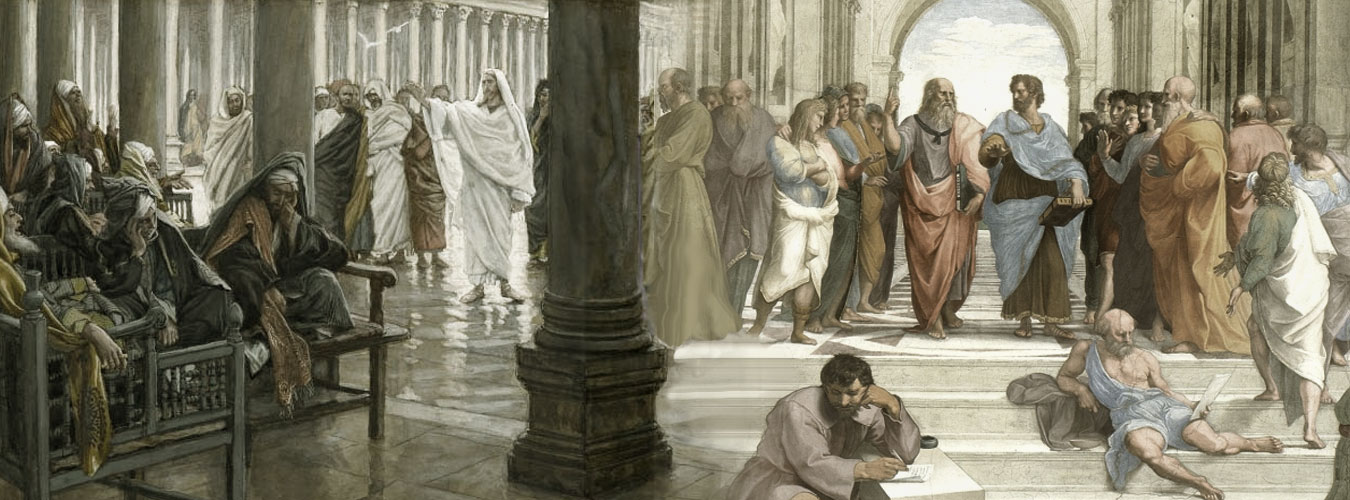 Methodism is a branch of Christianity that traces its roots to the ministries of John and Charles Wesley and George Whitfield. It began as a movement in eighteenth-century England, which was part of the larger Protestant evangelical revival that sought to bring spiritual renewal to the nation and the Church of England, and to increase its ministry to the poor. The term “Methodist” was applied about 1729 to a small group of students at Oxford University who devoted themselves to a strict method of study and religious practice. The Wesleys and Whitefield accepted the doctrines of Anglicanism, but they also emphasized the conversion experience in their preaching.
Methodism is a branch of Christianity that traces its roots to the ministries of John and Charles Wesley and George Whitfield. It began as a movement in eighteenth-century England, which was part of the larger Protestant evangelical revival that sought to bring spiritual renewal to the nation and the Church of England, and to increase its ministry to the poor. The term “Methodist” was applied about 1729 to a small group of students at Oxford University who devoted themselves to a strict method of study and religious practice. The Wesleys and Whitefield accepted the doctrines of Anglicanism, but they also emphasized the conversion experience in their preaching.
Beliefs and Practices
The Wesleys differed theologically from Whitefield on one doctrinal point, however. Whitefield believed in a form of Calvinism that taught that humans have no free will, and that salvation is limited to those predestined by God to receive His grace. The Wesleys claimed that God’s grace is universal, and that it is available to everybody.
Wesleyan Methodism stressed the seriousness of human sin and its consequences; prevenient grace (or preceding grace, meaning grace that is extended toward the individual prior to their acceptance of it), justification by faith in God’s grace, the experience of divine pardon in spiritual new birth, the personal assurance of being in God’s favor, and sanctification or holy living. The goal of the Christian life is found in Mark 12:30,31 – loving God with all that one is and has and loving one’s neighbor as oneself. These points were emphasized in John Wesley’s sermons and in the numerous hymns written by his brother Charles.
The Wesleys appreciated the Anglican liturgical worship, and it’s use of the Book of Common Prayer, but they also encouraged a more casual form of worship in Methodist meetings. The sacraments of baptism and communion were observed, but they also stressed Bible reading, prayer, and fasting.
John Wesley and the Methodists adopted forceful positions on many social questions. They opposed slavery, offered assistance to the poor, ministered in prisons, promoted medical treatment and healthy living, fostered education, and criticized violence and war.

